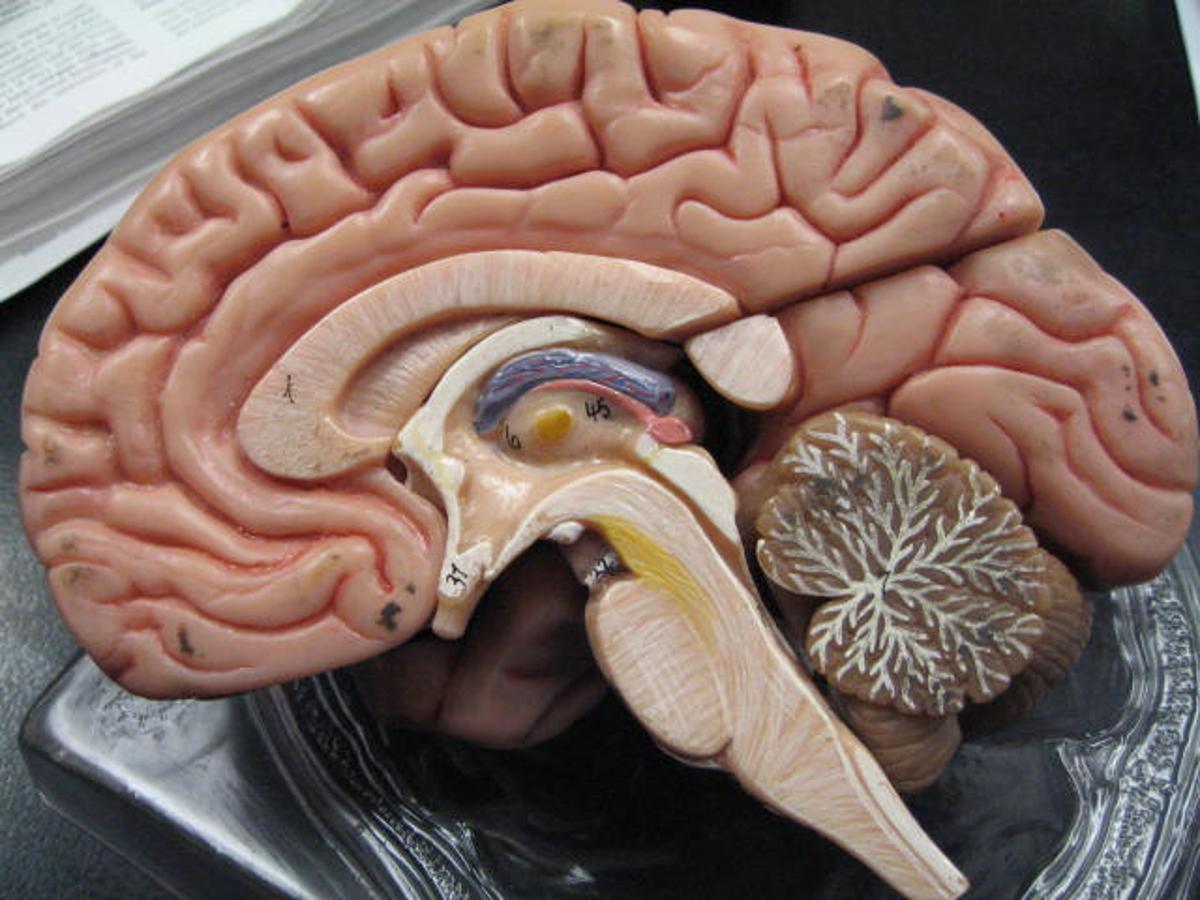D: You might think that knowledge and memory go hand in hand.
Y: Sure.
D: Mostly you're correct. However, in some cases, knowledge can actually hurt one's ability to remember.
Y: You mean a person's memory can be so filled up with knowledge that there isn't room for more?
D: No. But our knowledge can make us too quick to dismiss details that we don't consider important. And so we don't remember them. Let me give you an example. See this photograph of a cat?
Y: I see it.
D: This cat has beta cells in its body.
Y: Okay.
D: Now thumb through these photographs of various animals and tell me which ones probably also have beta cells in their bodies.
Y: I'm gonna say that all the cats have beta cells.
D: Okay. Now how about this photograph of a dog? Did I show this dog to you already?
Y: I don't remember.
D: Aha!
Y: Huh?
D: You don't remember because you weren't paying close attention to the details. Once you recognized whether a creature was a cat or not a cat, you went on to the next picture. Your knowledge led you to ignore the details in each picture. You would have had trouble remembering whether any particular cat or dog had been presented.
Y: Okay, but who wouldn't recognize immediately whether an animal were a cat or not a cat?
D: Young children. Because they don't immediately recognize a cat from a dog from a bear, they study each photograph closely to come to a careful decision as to whether it looks like the creature in the original photograph. Hence, on a surprise memory test like this one, young children actually perform better than do adults, despite the fact that adults typically have much better memories than young children.
Y: Very interesting.









